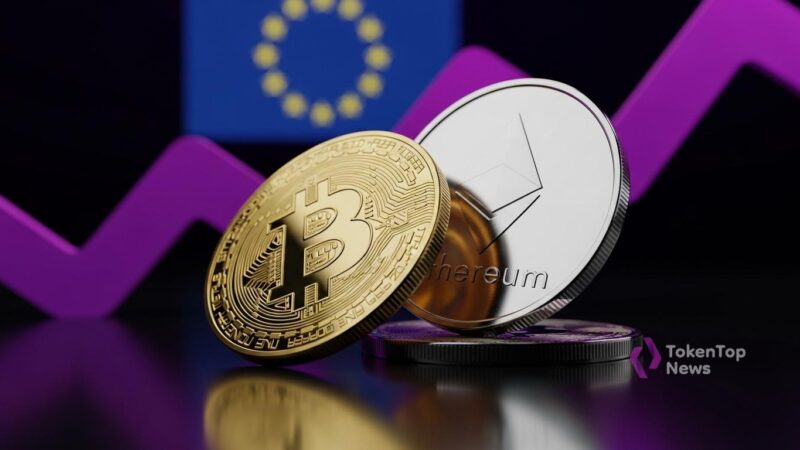Michigan Consumer Sentiment Index Declines to Near-Historic Lows
- Consumer sentiment drops, indicating persistent economic concerns.
- 1-year inflation expectations ease slightly to 4.5%.
- Volatile crypto markets remain unaffected by sentiment changes.
The University of Michigan reported that the Consumer Sentiment Index fell to 51.0 in November 2025, marking a near-record low amidst persistent consumer pessimism in the United States.
This decline signals enduring economic concerns, potentially affecting consumer behavior and market stability, with historical ties to volatility in cryptocurrencies such as BTC and ETH.
The University of Michigan Consumer Sentiment Index for November 2025 has decreased to 51.0, down from 53.6 in October. This marks a continuation of a year-long decline, reflecting near-historic lows in consumer confidence.
The University of Michigan Survey Research Center is the primary source of this data. Economists and market analysts are closely monitoring consumer sentiment trends, which show consistent pessimism in the face of economic challenges.
Declining consumer sentiment signals ongoing economic concerns, including high prices and slow job growth. The data mirrors consumers’ apprehension, although a minor increase followed the end of the federal government shutdown.
Financial markets, including crypto assets like BTC and ETH, often experience volatility amidst low consumer confidence. While historical trends suggest potential impacts, no significant on-chain data shifts have been observed for November.
Market players expect macroeconomic factors to influence future consumer behavior. Analysts underscore the importance of maintaining inflation controls as sentiment towards future economic conditions remains uncertain.
The ongoing dip in sentiment recalls conditions seen in June 2022, with implications for risk assets. Historically, prolonged consumer pessimism correlates with corrections seen in crypto markets including BTC and Layer 1 assets.
“Year-ahead inflation expectations inched down from 4.6% last month to 4.5% this month. This marks three consecutive months of declines, but short-run inflation expectations still remain above the 3.3% seen in January. Long-run inflation expectations softened from 3.9% last month to 3.4% in November. Despite these improvements in the future trajectory of inflation, consumers continue to report that their personal finances now are weighed down by the present state of high prices.” – University of Michigan Surveys of Consumers, November 21, 2025




